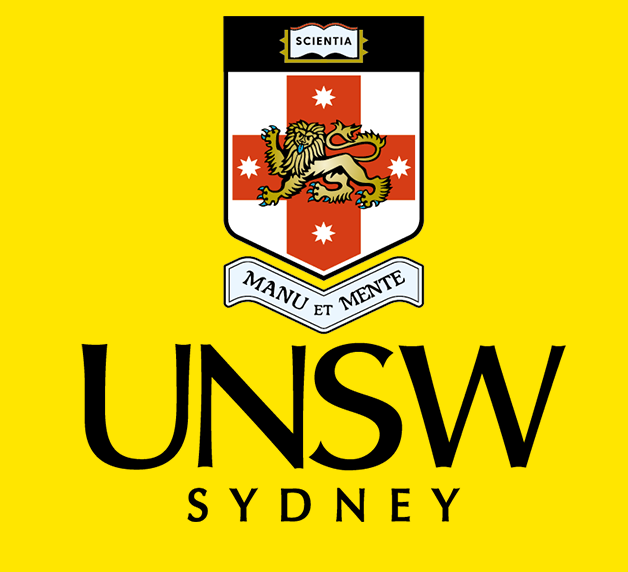UNSW recognises professional experience. If you've worked in a relevant industry, you may be eligible for credit points that would allow you to complete the one-year, full-time program.
One-year accelerated program/ Stream A
You’ll need one of the following:
- Bachelor degree (or equivalent qualification) in a relevant discipline with a record of academic achievement equivalent to a UNSW credit average of 65%, plus one year relevant professional experience.
- Honours degree or Graduate Diploma* (or equivalent qualification) in a relevant discipline with a record of academic achievement equivalent to a UNSW credit average of 65%.
1.7 year program/ Stream B
You’ll need one of the following:
- Bachelor degree (or equivalent qualification) in a relevant discipline, with a record of academic achievement equivalent to a UNSW credit average of 65%.
- Bachelor degree (or equivalent qualification) in any discipline with a record of academic achievement equivalent to a UNSW credit average of 65%, plus one year relevant professional experience.
- Honours degree or Graduate Diploma* (or equivalent qualification) in any discipline with a record of academic achievement equivalent to a UNSW credit average of 65%.
Stream C
You’ll need:
- Bachelor degree (or equivalent qualification) in any discipline with a record of academic achievement equivalent to a UNSW credit average of 65%.
*It is expected that a Graduate Diploma will have been completed after an undergraduate degree.
